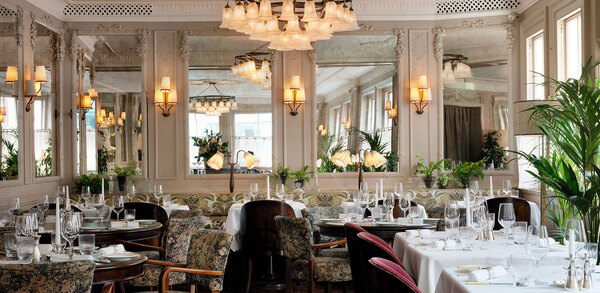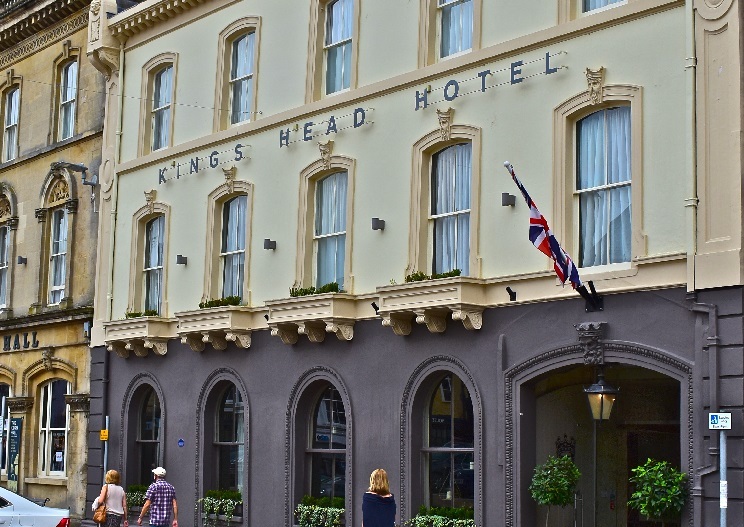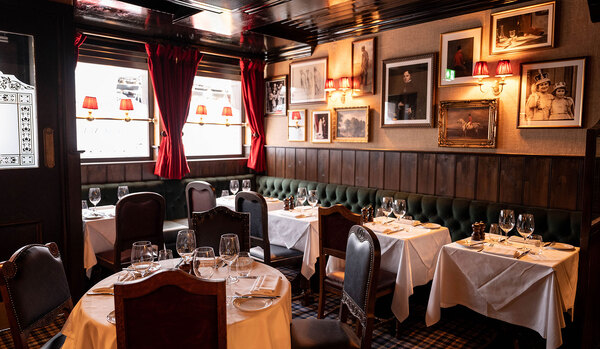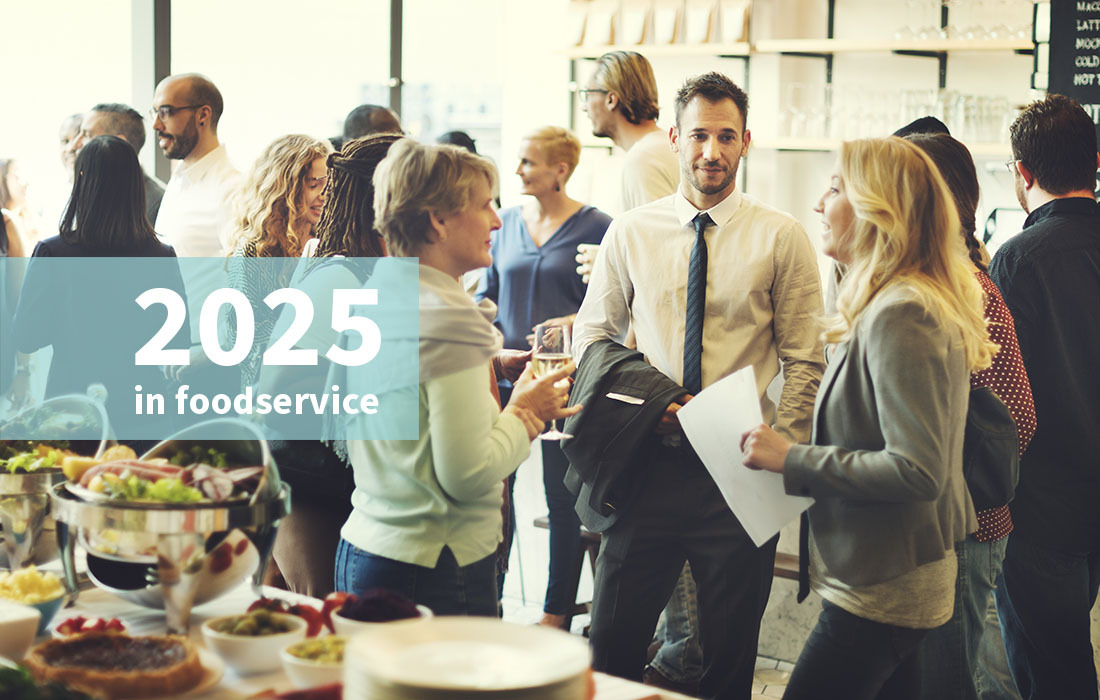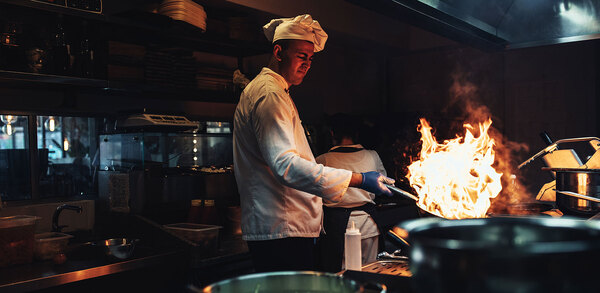The Hotel Leadership Conference on distruptive thinking, sustainable sourcing and a hospitality charter
Some 470 of the UK’s leading hoteliers gathered at the Hilton London Bankside for the Master Innholders’ 27th Hotel Leadership Conference to hear what they need to do to challenge the norm, invest for the future and be more transparent in their sustainability. Chris Gamm, Janet Harmer and Katherine Price report
###Strengthen your brand
Branding expert Mark Radda, the man behind the London 2012 logo, called on hoteliers to improve their branding, which “could be so much stronger”.
He highlighted the industry trend of creating a proliferation of hotel brands, sub-brands and collection brands as a cause of confusion for consumers.
“For example, one hotel could have Hilton branding, Hilton Honours, Curio Collection, the individual hotel brand, plus five F&B brands,” he said. “They aren’t connected, make it hard to understand who to connect with and aren’t adding value back to the hotel. F&B must add value to the hotel and vice versa.”
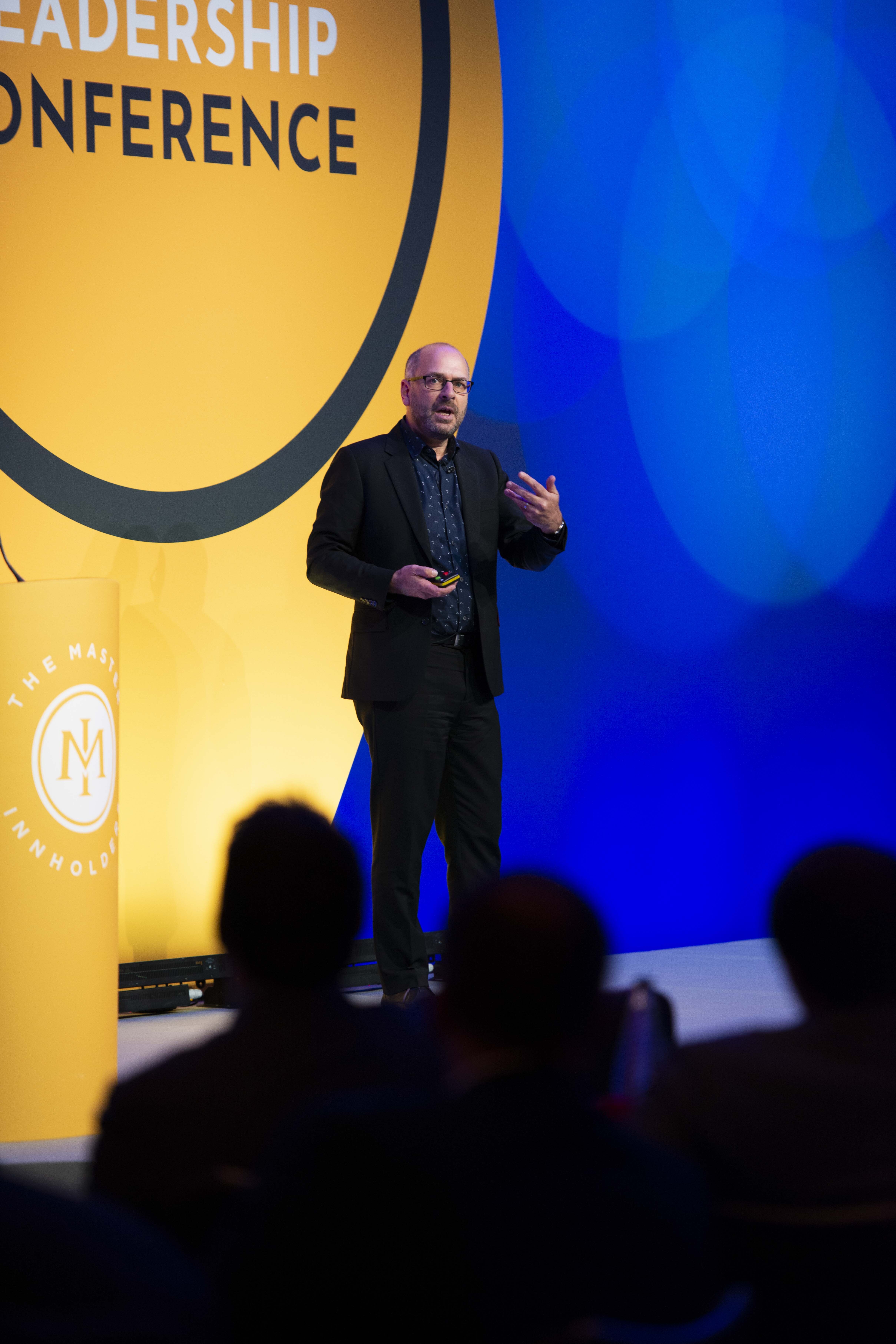
Hotels, meanwhile, often fall into the trap of using generic language like ‘luxury’, ‘service’ and ‘home from home’ or stock spa images in their marketing, which don’t differentiate their offer or promote their unique selling points.
“Too many hotels are working at the logic end of marketing, with facts and figures and not enough at the emotion end,” he explained.
“You need to focus on how your hotel will make your customers feel. The values that everyone should be doing, like excellence, won’t make you stand out.”
Instead, Radda said hoteliers should focus on five to six unique pillars – for example, unexpected generosity, staff insight or a Michelin-starred restaurant – and make sure they are delivered for every guest.
Mark Radda’s seven top tips for improving your brand are:
- Stand for something – make it clear what you are about.
- Live it every day and make the details count.
- Limit your brands – better marketing of your existing brands will cost less than creating new ones.
- Reinforce your story – keep it simple, don’t deviate from it, keep it fresh and make sure staff understand it.
- Beware of hollow brands – they need to be more than a logo and name.
- Be yourself – don’t follow the crowd.
- Stand for something and you’ll stand out.
###Making hospitality an attractive option for bright talent
Developing home-grown talent and changing the perception of hospitality as an employer is a key pillar of the tourism sector deal, UK Hospitality chief executive Kate Nicholls told the conference.
She said the deal was part of UK Hospitality’s “wider strategy to redefine how the sector is seen and attract the brightest and best talent”.
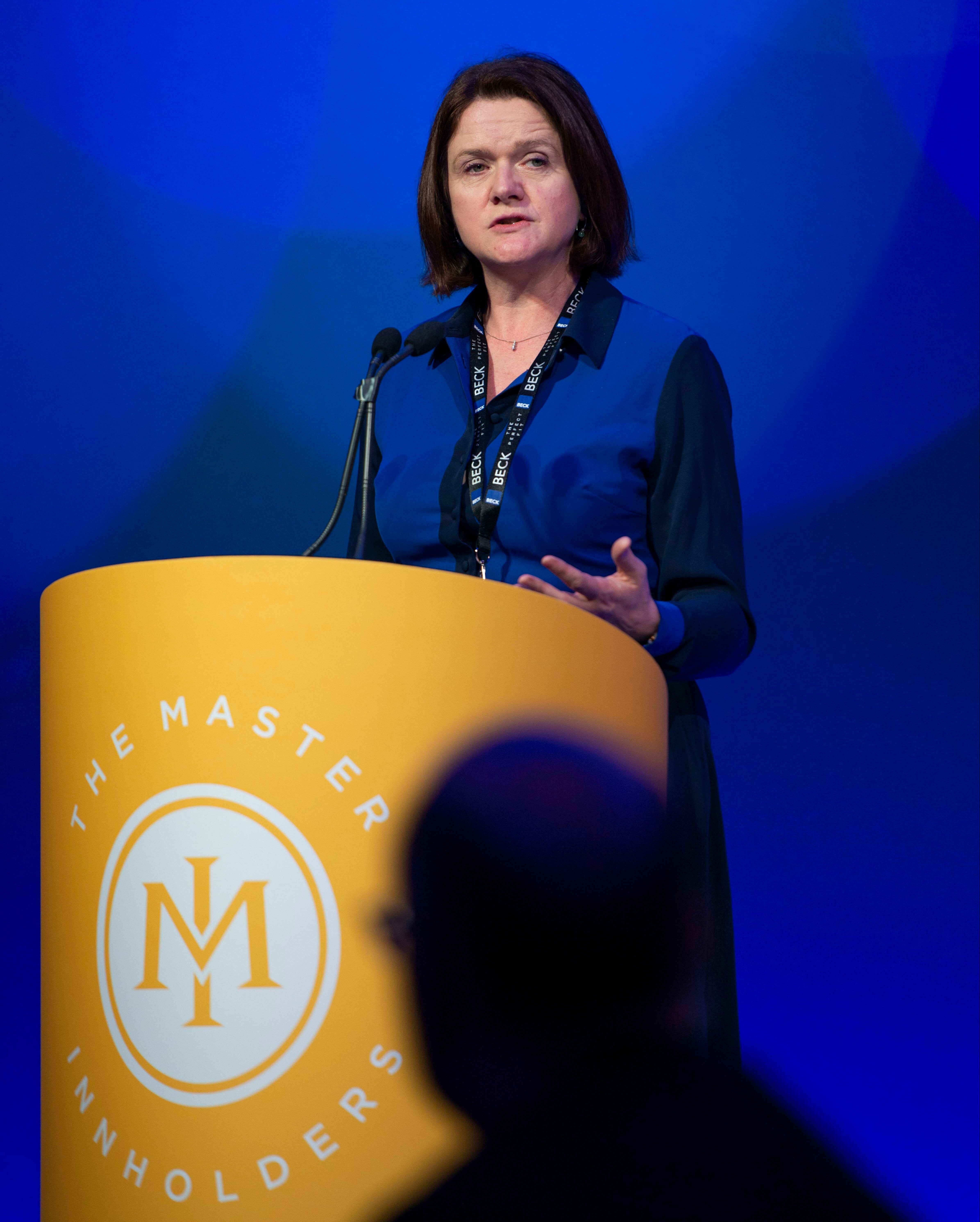
As a result, she hopes the industry will strive towards achieving:
- 30,000 apprenticeships per year (currently 19,000).
- 10,000 mentorships per year.
- In-work training programme to 80% of employees (61% in 2017).
- A £1m recruitment and retention campaign.
- Local campaigns to generate interest in the sector.
- The delivery of T-levels.
- Reform of post-16 qualifications.
###The future is alternative proteins
Consumers will be demanding alternative proteins, interesting vegetables and emerging cuisines like Filipino, Ethiopian and East African food over the next 10 years, according to Foodservice futurologist Simon Stenning.
He outlined eight key food trends that hoteliers must tap into to meet diner demand.
They are:
- Less meat and more meat alternatives
- Personalised nutrition
- Alternative proteins to meat, fish and dairy
- Sustainably driven diets
- More interesting and appealing vegetables
- Different seeds and grains
- Emergent cuisines, including Ethiopian, Filipino and East African.
Meanwhile, kohlrabi, bergamot, Asian broths, banana blossom as a fish alternative and probiotics were all highlighted as key trends for 2020. “Get sandos on your menu if you haven’t already,” said Stenning.
###Be transparent on sustainability
Onno Poortier, co-founder of hospitality and tourism sustainability platform It Must Be Now, implored delegates to launch 2020 as the decade of accountable and transparent action on climate change.
“We need to change attitudes and behaviours in our industry,” he said, pointing out that tourism already contributed approximately 8% of greenhouse gas emissions, which is set to hit 12% by 2025, while by 2030, there could be 1.8 billion tourists. Of these, the percentage of ‘conscious’ travellers will continue to grow – and demand greater action on sustainability from the brands with which they engage. In response, companies must “take action, be accountable and transparent.”
“Sustainable businesses have a tangible return on investment in terms of guest loyalty, talent attraction and retention, reputation and savings.”
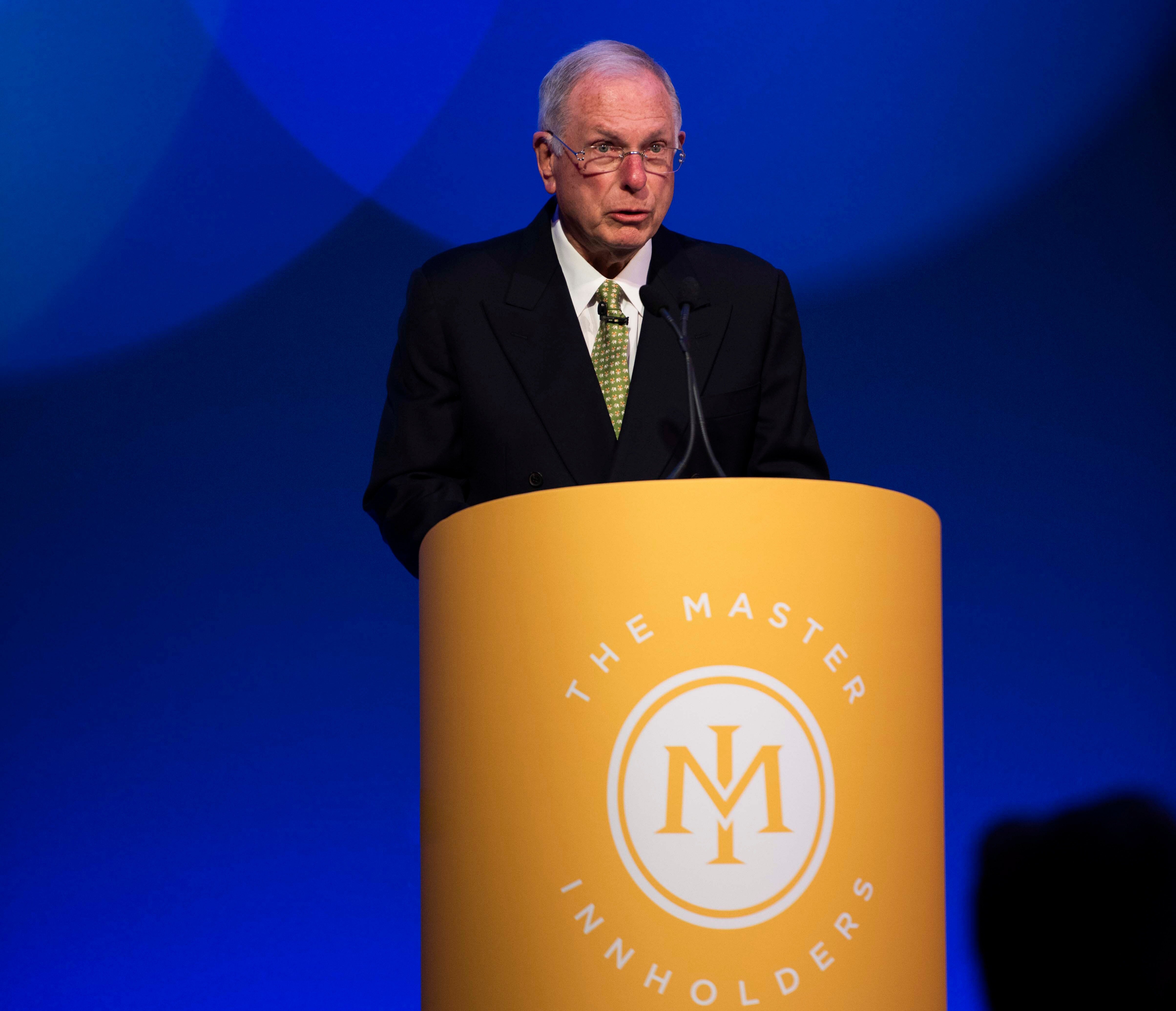
Poortier urged hoteliers to start their sustainable journey now by taking action to form a sustainability team, collaborate with stakeholders, establish an action plan, and implement accreditation.
“Each of us need to be part of the solution,” he added. “This will define our legacy as leaders, parents and human beings.” Think disruptively Hoteliers need to become more disruptive in their businesses, said Suzanne Robinson, managing director of Happen (part of Accenture).
She challenged the idea that businesses need to be the first to a certain market, revolutionary in their approach or discover a previously unaddressed ‘need’ in order to be disruptive.
Instead, Robinson pointed out that businesses can be ‘fast followers’ of new trends or address how the context around a pre-existing need is changing. Taxis were not a new idea, but Uber approached the need differently, she explained.
Meanwhile, she advised that fresh inspiration can be found by looking outside the hospitality industry, such as the rise in contactless payments and the subsequent rise in digital room keys in hotels. Robinson challenged the audience to think disruptively about key questions, including:
- Where are the obvious frustrations and painful steps in processes that you could solve?
- Is there a trend that is missing from your category? Who else is doing this well that you could learn from?
- What is each generation looking for? Are you delivering for each of them? Who is engaging with these generations in innovative ways?
- What are the obvious norms you could challenge? Who has solved a problem similar to yours?
###Leading in a changing world
Leaders need to stand back, be curious and let go, advised global leadership expert Keith Coats.
He told the conference that letting go is not about giving up, but is a necessary requirement of those who have been given the responsibility of leadership. His tips for success included:
- Stand back in order to gain perspective.
- Build on curiosity – ask better questions and never stop learning.
- Learn, unlearn and relearn in order to do things differently.
- Seriously entertain ridiculous ideas.
Coats also encouraged delegates to adapt to today’s world, which is a fast-changing one due to the result of technology, institutional change, varying demographics, a need to protect the environment and shifting societal values.
###Hoteliers’ charter for a fair and transparent industry
In a bid to inspire young people to join the hospitality industry, The Caterer’s 2019 Hotelier of the Year Sally Beck urged delegates to sign up to the Hoteliers’ Charter.

Beck, general manager of Royal Lancaster London, created the charter in response to the need to overturn the poor perception among some parents of working in hotels. She explained that she needed to do something after a mother told her that she didn’t want her daughter undertaking work experience at the Royal Lancaster because she didn’t want her daughter to be a servant.
“It is really important that we can stand tall in our industry and hopefully inspire young people to join us by showing them that we train, develop and care for our teams,” she said. “It makes a hell of difference if your teams are feeling engaged and trusted and committed and energised for the goal of caring and being happy.”
Beck asked hoteliers to feedback their thoughts on the proposed charter, which will be distributed by UKHospitality and launched in April.
In signing the charter, hoteliers will agree to:
- Develop staff through training, apprenticeships and mentoring.
- Respect team members’ work/life balance, rotas and working areas.
- Support the ambition to end low pay.
- Champion a fair and transparent service charge
- Offer colleagues access to an employee assistance programme (EAP).
- Provide a positive and nourishing workplace environment and culture.
- Support industry and community charities.
- Drive environmentally sustainable businesses.
- Advocate inclusion and equality for all.
- Commit to the Modern Slavery Act.




